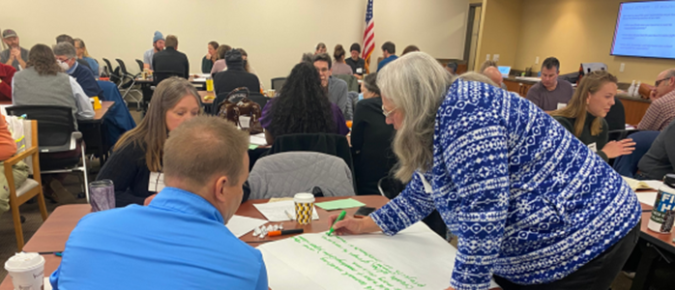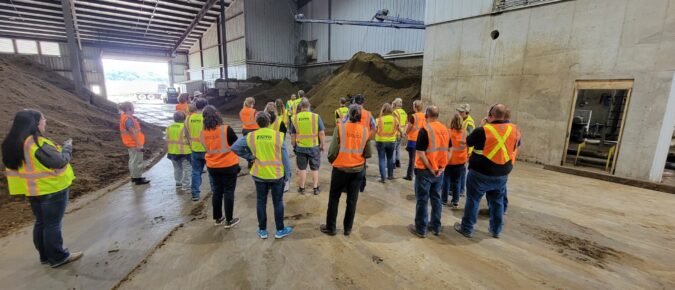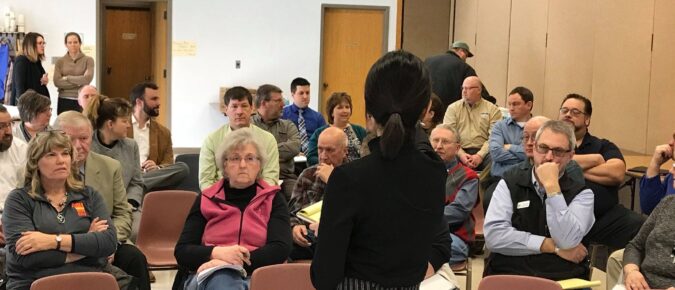Physical activity and movement is a cornerstone of well-being, contributing significantly to the physical, mental, and social health of communities across Wisconsin. In the face of prevalent chronic diseases and exacerbated health disparities, it is imperative to adopt a comprehensive community strategy that promotes engagement in physical activity, with a specific emphasis on strength training. […]
Wisconsin ranks at the bottom of most metrics related to economic racial inequities. In an annual survey using data from multiple federal agencies, Wisconsin ranks 50th in racial equality among the 50 states (as measured across 21 metrics; only the District of Columbia ranks lower). Wisconsin data also show that between 2000 and 2019, the […]
All Wisconsin children deserve the opportunity to reach their full potential. Thriving childhoods are largely driven by everyday interactions with nurturing parents and caregivers. When parents feel confident in their caregiving role, they lay the foundation for their children to flourish across the lifespan. Anyone raising children can benefit from research-based parenting practices applicable to […]
Cooperatives are member-based organizations that differ substantially from investor-owned, for-profit corporations. Cooperative businesses are owned by their members, who can be consumers, producers, employees, or groups of other enterprises. Cooperatives play an important role in urban and rural economies throughout the United States. They are a key driver of wealth creation and personal well-being, and […]
Addressing adolescent well-being is an identified priority across the state of Wisconsin. Following the COVID-19 pandemic, data from the 2021 Wisconsin Youth Risk Behavior Survey indicated that 55% of high school youth reported they have had problems with anxiety, 33% reported they have been so sad or hopeless they have stopped regular activities, and 18% […]
Water is a shared resource and is depended on by Wisconsinites for a variety of daily needs including drinking, power generation, growing food, and more. However, agriculture is the dominant land use in Wisconsin, and current farming practices have a significant impact on soil and nutrients loss to surface and groundwater. The majority of water […]
Every other April, local elections are held for local government officials in every town, village, and city in Wisconsin. On average, over 20% of elected officials are new every election cycle. This creates a near continuous group of elected officials beginning their initial term as a local elected official. In this environment, elected officials need […]
Pollinators play a critical role in the world’s ecosystems, facilitating the reproduction of flowering plants and ensuring the production of fruits and vegetables. In North America, insect pollinators such as bees, butterflies, moths, birds, beetles, and wasps are essential contributors to this process. These pollinators are essential for the proper functioning of the natural systems […]
Record high farm income in 2022 drove Wisconsin farm businesses’ interest in new revenue streams, markets and technology. However, in 2023 producers encountered increased interest expense, increasing debt and reduction in working capital due to lower than expected prices, increase in overall production costs, and a decline in USDA assistance. As a result, producers must […]
Biosecurity affects the economic sustainability and viability of livestock producers as disease outbreaks can be exceedingly expensive for producers. Disease outbreaks can cause catastrophic livestock losses including the depopulation of whole herds or loss of newborn animals. For example, a recent US disease outbreak, the 2013 porcine epidemic diarrhea virus (PEDv), spread across 13 states […]














